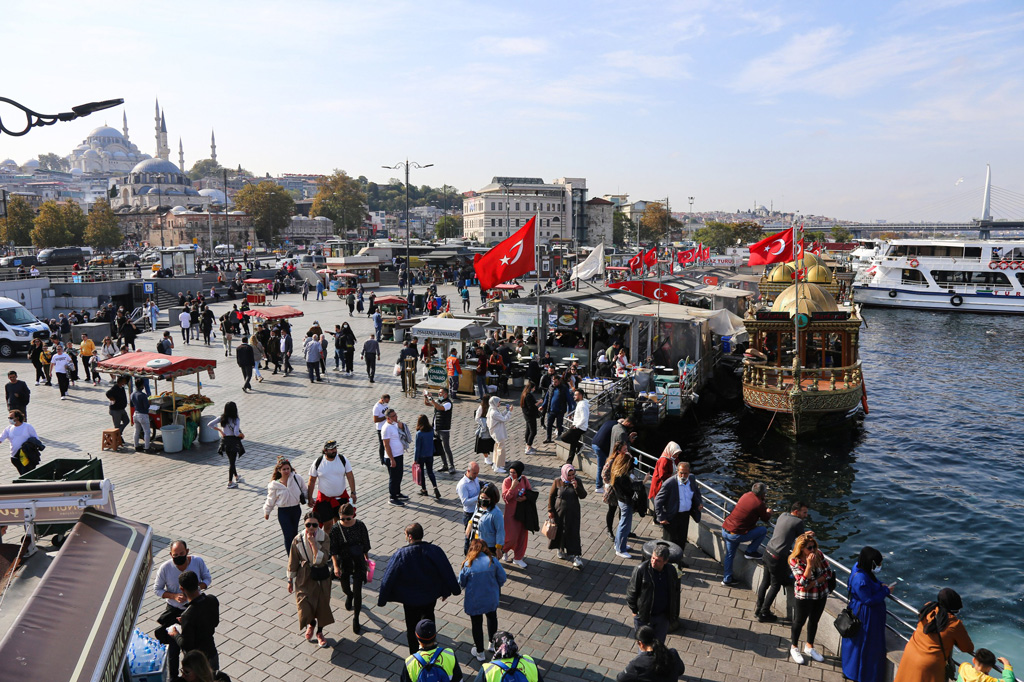The West and Turkey
Needless to say, some Western governments are unable to maintain their bilateral relations with Erdoğan’s Turkey as they did in the past. It is hardly surprising that French President Emmanuel Macron, who suffered setbacks against his Turkish counterpart across the board, happens to criticize Turkey. Nor is it a sign of Turkey’s weakness or isolation that politicians in some smaller European countries fuel baseless fears about “the imminent arrival of the Turks” – a popular argument during the Brexit campaign in the United Kingdom. If anything, being compared to Russia or China as a form of criticism attests to the populist tendencies of certain European politicians as well as Turkey’s prominent role in shaping the future of Europe, starting with the Balkans and Eastern Europe. In truth, one could argue that Russia and other regional powers, too, are attempting to adapt to changing circumstances in the international arena – just like Turkey. Indeed, the Kremlin seems to be adapting more cleverly than others. Let us not forget that the main reason behind the change in Turkey’s relations with its Western allies is their misguided policy choices on Syria, the refugee crisis and terrorist entities like the YPG and the Gülenist Terror Group (FETÖ). It is rooted in their lack of attention to Ankara’s security needs and their support for Greece’s unjust and maximalist demands.Eyes on cross-regional issues
Moreover, one cannot even talk about the West or the European Union adopting a common foreign policy. There is no shared or effective policy regarding China, Russia or major conflict zones. It would suffice to take a quick look at what the Biden administration, which pledged to strengthen the trans-Atlantic Alliance, signaled to Washington’s European allies, by leaving Afghanistan and signing AUKUS, to appreciate that the West is all over the place. Unable to recover from Brexit, the EU could not show the courage to expand. It also experiences a crisis with Poland, since reconciling the interests of Eastern, Central and Northern European nations is quite a challenge. An uncertain future awaits Germany, which is dealing with the consequences of launching Nordstream 2, in the post-Angela Merkel period. Meanwhile, Macron, who keeps trying new things and faces backlash from African nations, is preoccupied with the French election and arms sales to Greece. At a time when all eyes turn to the Indo-Pacific region and there are plenty of opportunities and risks involved in filling the regional power vacuum, it would be a mistake to jump into exaggerated and mistaken conclusions based on what some Western politicians say about Turkey. Unless, of course, the point is to warn the relevant parties not to work with Erdoğan and wait until 2023.
[Daily Sabah, October 14, 2021]







